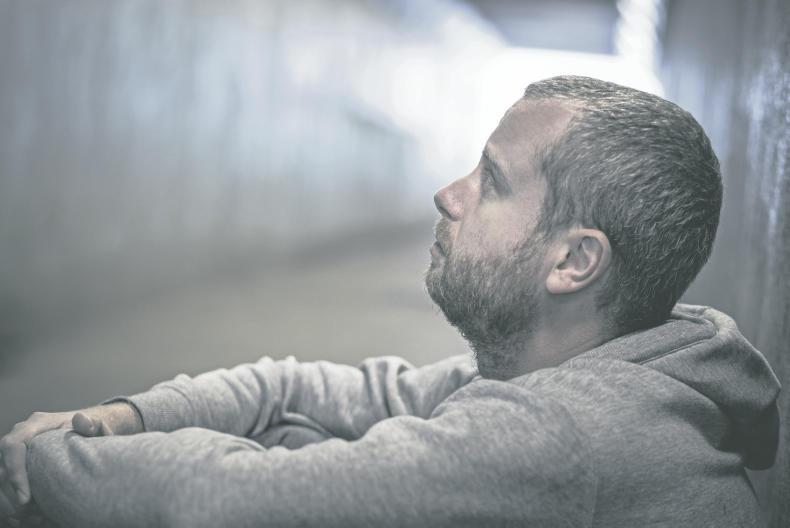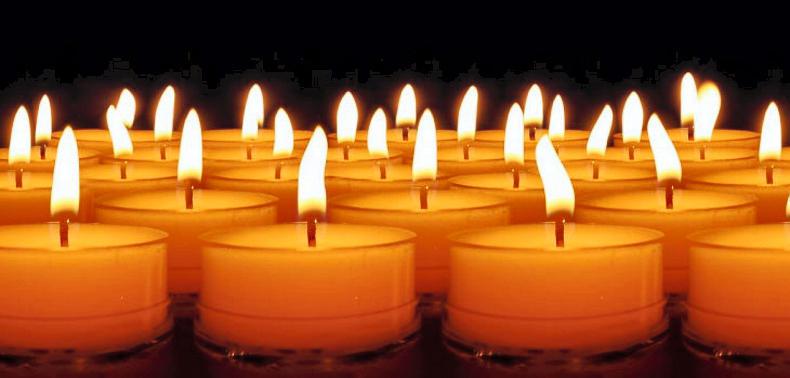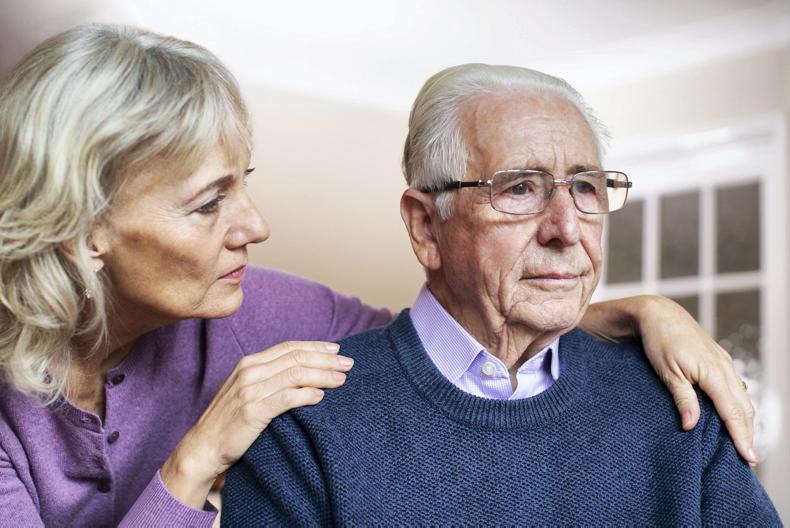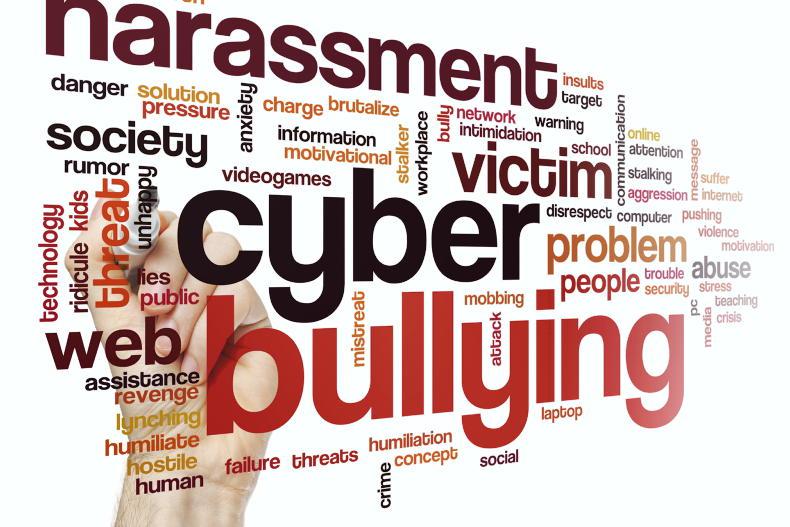GRIEF is a natural process of reaction and adjustment to loss and change. When we lose someone or something that is important to us, we grieve.
Grief does not happen in a set way. It is not like having the flu, where you feel very ill and then begin to feel a bit better until you finally return to being your old self again. The feelings and thoughts of grief come and go in waves. Sometimes you might feel you are coping quite well, only to experience a burst of grief when you are reminded of your loss. It can be confusing to suddenly feel angry, for example, if you feel you have already ‘gotten over’ being angry about a loss.
It might help to remember that the thoughts and feelings will come and go as you try to come to terms with grief while living your day-to-day life.
There are many parts to grief you may not have expected. You may have physical symptoms; for example, feeling tired or unable to eat. You may struggle with questions about the meaning of life, your faith and your beliefs about what happens after death.
Remember:
Grief is a process and it takes time.Everyone’s grief is different.There is no right way to grieve.Strong emotions and thoughts are part of grief.What may help?
Grief is a normal but challenging part of life. There are different levels of bereavement care. A majority of people will only need general support and information to help with their loss. Here are tips for dealing with your grief:
Seek out accurate information about grief and loss.Be patient and gentle with yourself as you grieve.Recognise the extent of your loss.Allow yourself to cope and to grieve in a way that suits you.Try to sleep well, eat well, and take gentle exercise.Try not to make major or rash decisions while you grieve.Accept emotional and practical support from friends and family.Talk to your GP if you feel you need further support.HELPING YOURSELF WHEN YOU ARE BEREAVED
If you have experienced a loss, there are a number of things that will help you as you grieve:
Be gentle with yourself. Your energy may be low for a while, so do not place too many demands on yourself.Look after your physical health. You may find that you have lost your appetite. However, it is important that you eat healthily. Many people find eating small but frequent meals helpful. It is also important to try to get some exercise. Even a small walk each day can be beneficial.Make sure you get enough rest and sleep. This will help you to avoid becoming run down or physically ill.Seek out support from others who are willing to listen. Talking is important because it helps you express what you are feeling. Try to find one or two people with whom you can simply be yourself and who will allow you to talk when you need to.Allow yourself to experience the feelings that come with bereavement, even if they are difficult. It can be helpful to talk these over with someone you trust. This could be a family member, although it is important to remember that they are grieving too. Sometimes talking to someone outside the family can be beneficial.Don’t rush things. You are trying to come to terms with a major upheaval in your life. Give yourself permission to take things a bit easier. In general, it is best to put off making major decisions such as moving home or changing jobs for six months to a year.WHERE TO GO FOR HELP IF YOU NEED SUPPORT
If you have been bereaved through a hospice death, it is likely that a bereavement support service will be available in the hospice. Contact the hospice where the death occurred. If you have been bereaved through an acute hospital, the hospital may provide bereavement support. Contact the hospital’s social work department or chaplaincy service.Bereaved parents can contact Anam Cara (01-4045378). They provide peer support to bereaved parents and children and maintain online bereavement support forums.If you have been bereaved through suicide, you can contact Pieta House (1800247247).If you need immediate support, contact The Samaritans’ free 24-hour call line at 116 123.If you need to speak to a professional these organisations will be able to furnish you with the names of qualified therapists who specialise in issues of loss and grief:The Irish Association of Counselling and Psychotherapy (01-2303536)The Irish Association of Humanistic and Integrative Psychotherapy Ltd. (01-2841665)The Psychological Society of Ireland (01-4720105)Turning Point in Dublin (01-2801603) offers training in bereavement counselling and bereavement counselling services.
Barnardos Children’s Bereavement Service (01-4732110) is a service for children and young people who have lost someone close to them through death.
The Irish Hospice Foundation has published leaflets about different types of grief to provide information on what to expect and how to cope. They can be downloaded free of charge from their website or you can get hard copies from them.


 This is a subscriber-only article
This is a subscriber-only article
 It looks like you're browsing in private mode
It looks like you're browsing in private mode









SHARING OPTIONS: